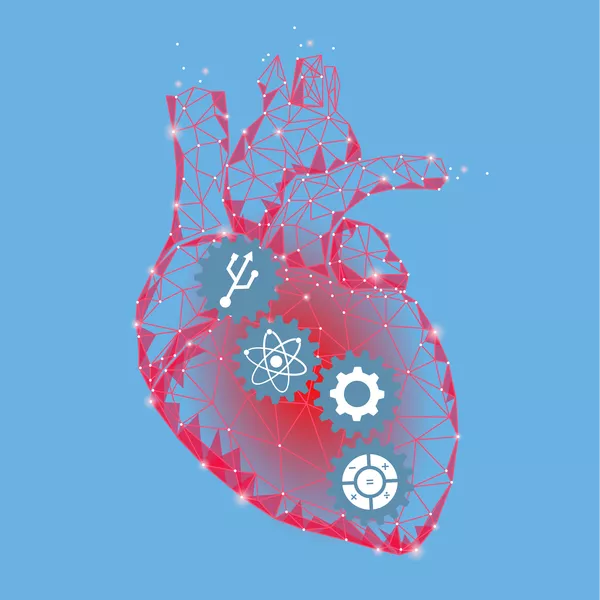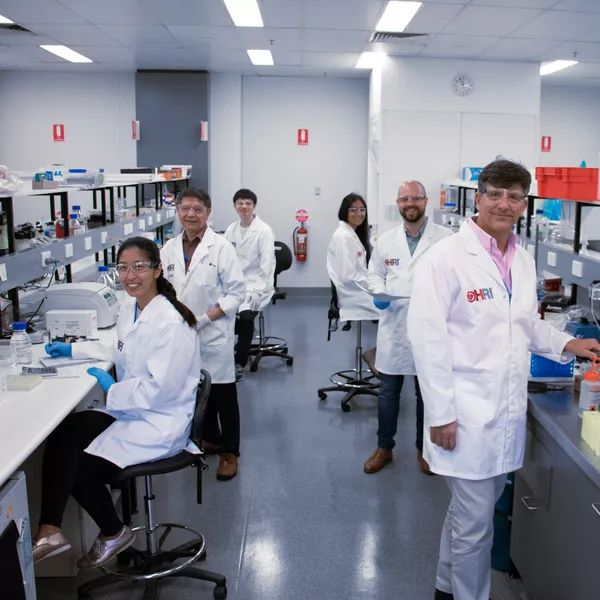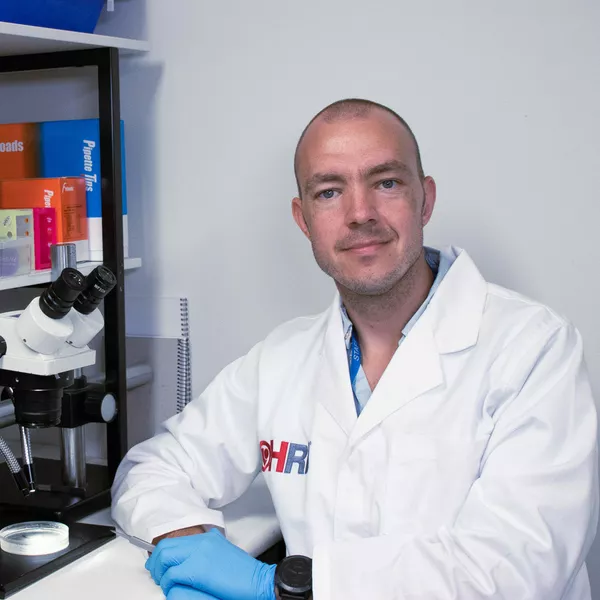
Our mission
Our mission is to determine the impact of inflammation on the structure and function of microvascular arteries, and to apply this knowledge to better understand how diseases affect blood flow, tissue, and organ perfusion. Ultimately, we aim to develop novel therapeutic strategies to treat patients with blood pressure disorders such as hypo- and hypertension.
Our impact
Our research aims to understand disorders of blood pressure regulation specifically in conditions associated with systemic inflammation, such as low blood pressure seen in sepsis and high blood pressure seen in hypertension.
Hypotension (low blood pressure) in sepsis is an unmet clinical need and causes increased mortality through inadequate tissue and organ perfusion.
Hypertension (high blood pressure) is a major risk factor for cardiovascular disease. It can damage the arteries over the long-term and increase the risk of cardiovascular diseases, such as heart attack, stroke, diabetes and heart failure.
Our current research program aims to develop novel therapeutics in these two areas.
Selected publications
Stanley CP et al. Singlet Molecular Oxygen Regulates Vascular Tone and Blood Pressure in Inflammation. Nature 2019; 566 p548.
Cheng D et al. Inhibition of myeloperoxidase attenuates endothelial dysfunction in mouse models of vascular inflammation and atherosclerosis. Arterioscl Thromb Vasc Biol 2019: 39: p1448.
Herring N et al. Neuropeptide-Y causes coronary microvascular constriction and is associated with reduced ejection fraction following ST-elevation myocardial infarction. Eur Heart J 2019; 40 p1920.
Zardoya-Laguardia P et al. Endothelial indoleamine 2,3-dioxygenase-1 regulates the placental vascular tone and is deficient in intrauterine growth restriction and pre-eclampsia. Sci Rep 2018; 8 p5488.
Current Research Projects
- The Trp/IDO1/cis-WOOH pathway activates the BKca channel through oxidation of PKG1a and increased calcium sparks in experimental sepsis.
- Mitochondrial dysfunction in experimental models of sepsis leads to arterial dysfunction through the Trp/IDO1/cis-WOOH pathway
- Can the Trp/IDO1/cis-WOOH pathway be used to lower blood pressure in experimental models of hypertension.
The team












Projects
Investigating mitochondrial dysfunction in septic arteries
Identification of novel metabolites in human plasma samples from patients with sepsis
Downstream signalling of oxidised Protein Kinase 1a
Getting to the heart of sepsis – a novel approach to restore patient blood pressure
News

Meet the Team: Dr Chris Stanley

Researchers gather for AVBS 2024 conference

HRI awarded three prestigious NHMRC grants

Leading researchers gather at the 2023 Sydney Cardiovascular Symposium

Developing a deeper understanding of sepsis to prevent hypotension

Ramaciotti win for Dr Chris Stanley

Sepsis research accelerated by James N. Kirby Foundation Grant

Arterial Inflammation and Redox Biology Group publishes in Nature Communications

